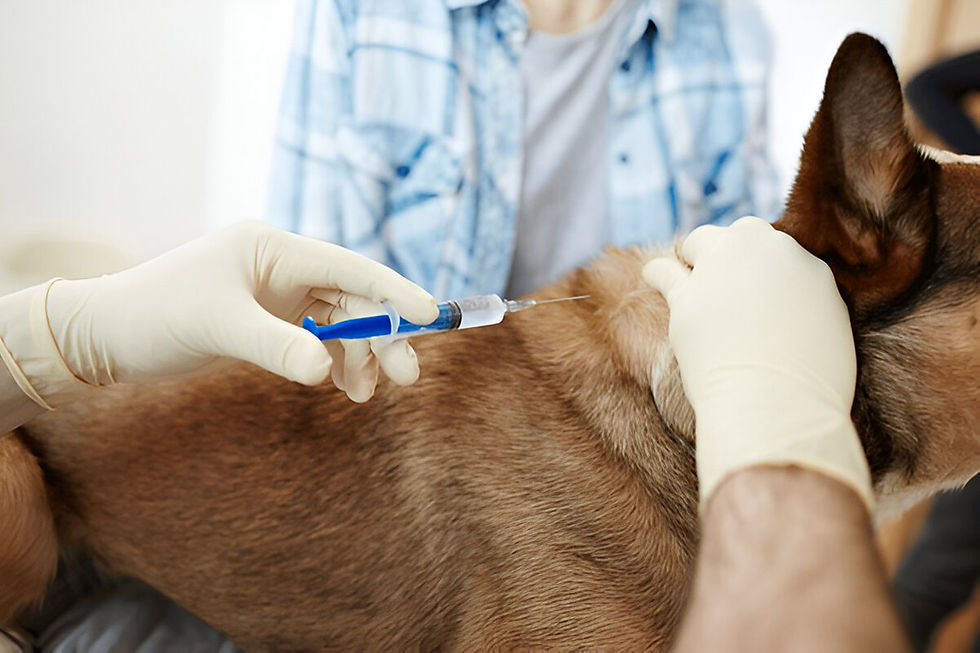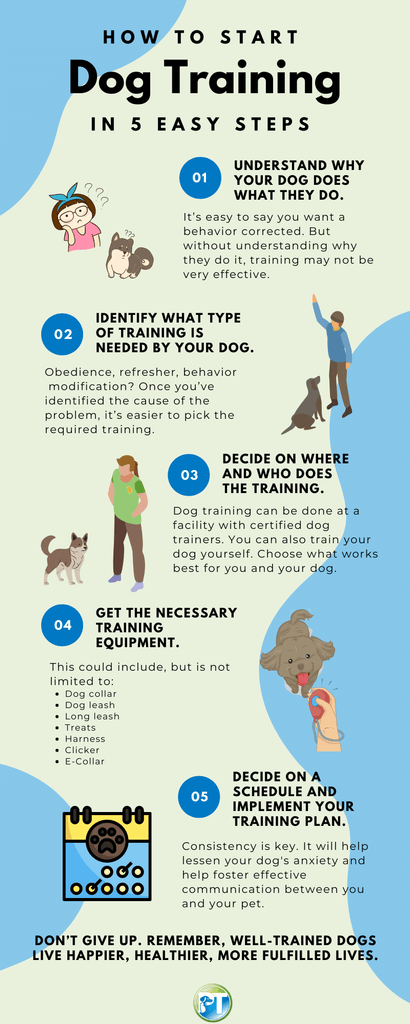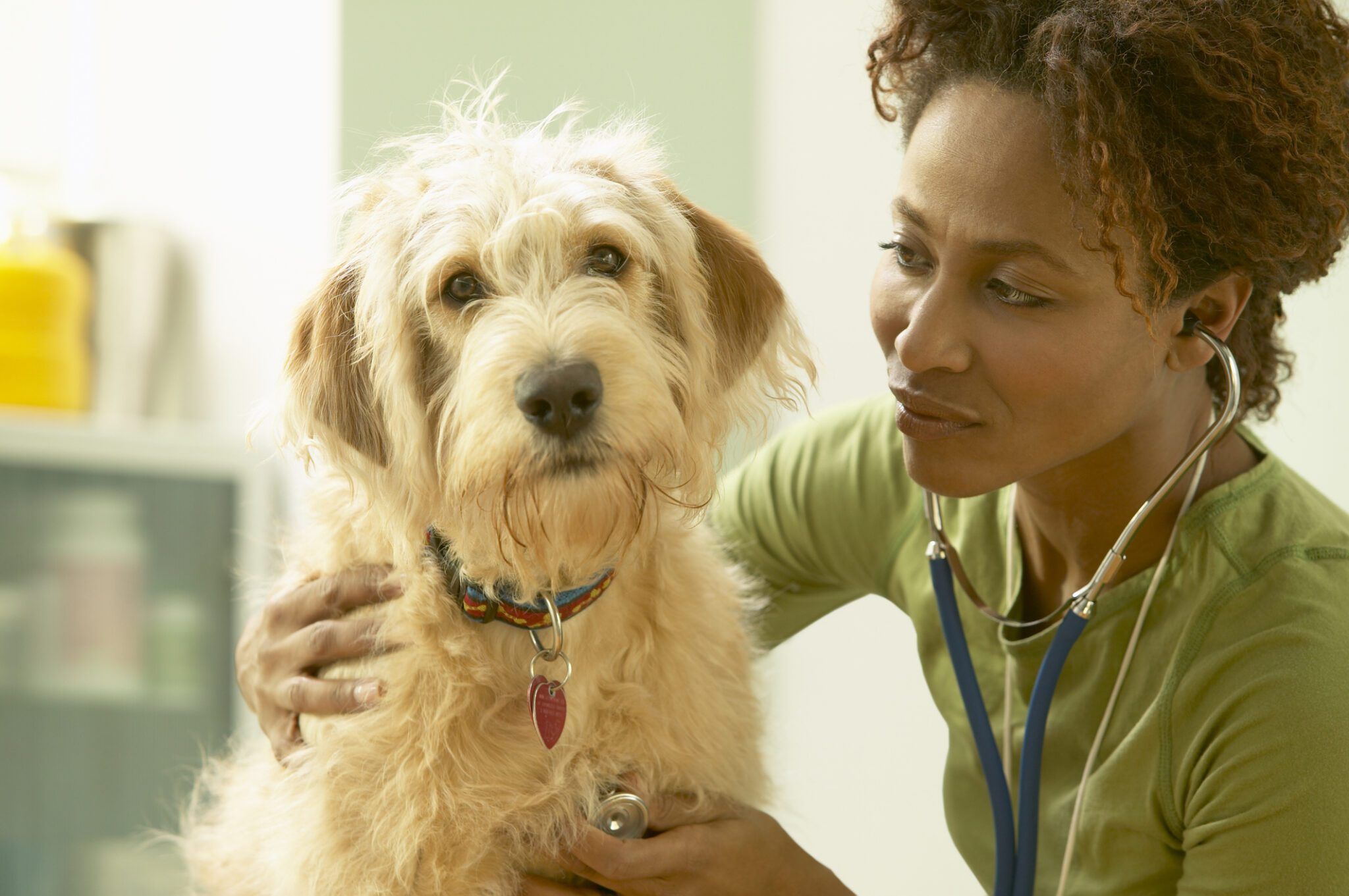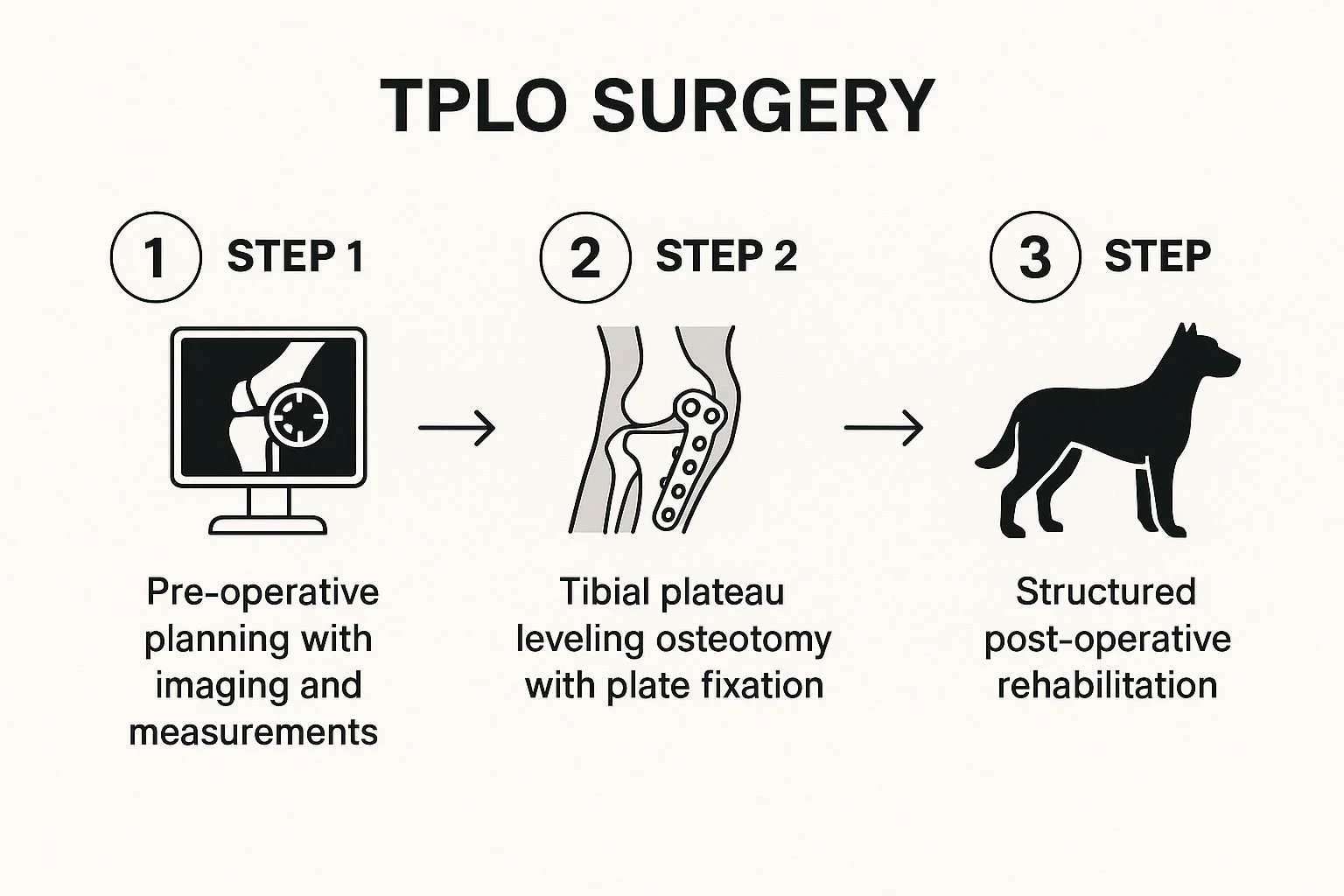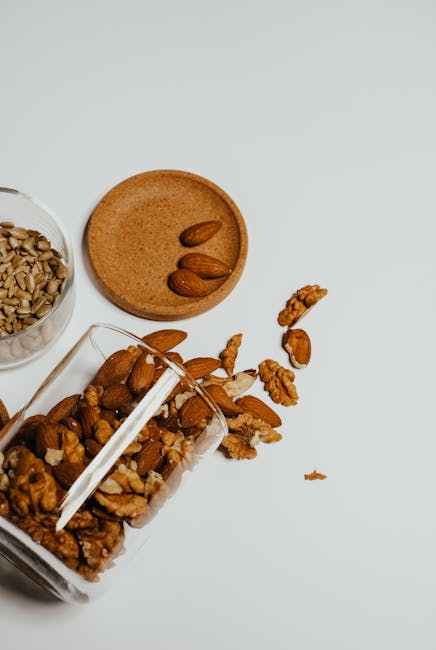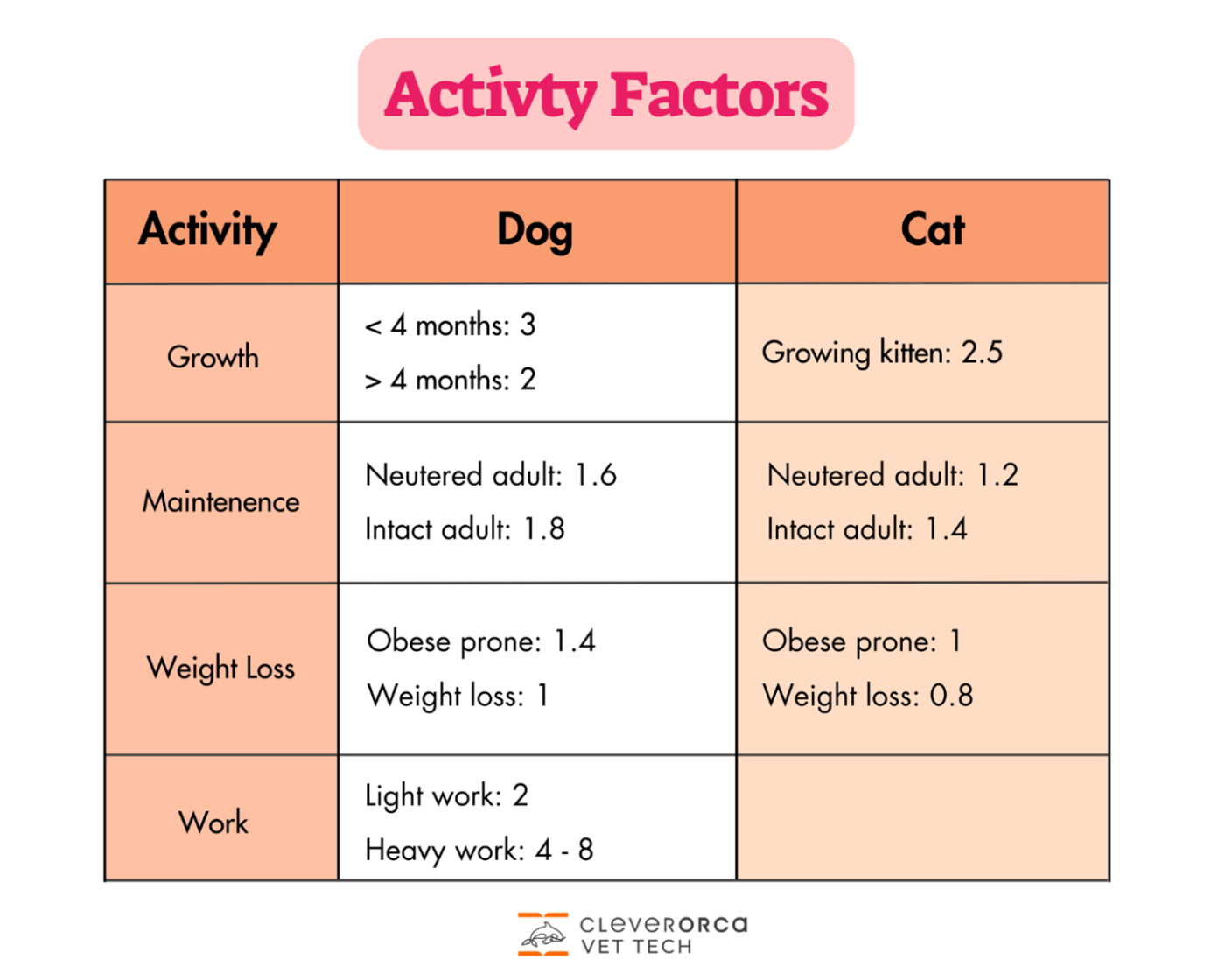If you have both a dog and a cat, you might wonder why their meals look so different. You want the best for your furry friends, but understanding what each needs can be confusing.
Did you know that dogs and cats have very different nutritional needs? Giving your pet the right food doesn’t just keep them happy—it can boost their energy, improve their health, and even help them live longer. Keep reading to discover the key differences in their diets and learn how to make sure your pets get exactly what they need every day.

Credit: www.zumalka.com
Dietary Differences
Dogs and cats need different nutrients to stay healthy. Their diets reflect their natural habits and bodies. Understanding these differences helps pet owners provide the right food for each animal.
Carnivorous Vs Omnivorous
Cats are obligate carnivores. They rely on meat for essential nutrients. Their bodies need amino acids like taurine, found only in animal tissue.
Dogs are omnivores. They eat both meat and plants. Their digestive systems can process a wider range of foods.
Key differences include:
- Cats:Require high protein from animal sources.
- Dogs:Need protein but can digest carbohydrates and vegetables.
- Cats:Cannot convert some nutrients from plants.
- Dogs:Can synthesize certain vitamins from plant-based foods.
Protein Requirements
Protein is essential for both dogs and cats. It helps build muscles, repair tissues, and support the immune system. Dogs and cats need protein, but their needs differ in type and amount. Understanding these differences helps pet owners provide the right diet for their furry friends.
Animal Protein Sources
Dogs can digest a variety of protein sources. They eat both animal and plant proteins. Common animal proteins for dogs include:
- Chicken
- Beef
- Lamb
- Fish
Cats require mostly animal proteins. Their bodies need nutrients found only in meat. Cat protein sources include:
- Chicken
- Turkey
- Fish
- Beef
Amino Acid Needs
Proteins are made of amino acids. Dogs can create some amino acids from others. Cats cannot make all amino acids they need. Cats must get certain amino acids from food.
One key amino acid for cats is taurine. Without enough taurine, cats may suffer heart and eye problems. Dogs do not require taurine in their diet. Cats also need more arginine, another amino acid.
Carbohydrate Needs
Carbohydrates play a different role in the diets of dogs and cats. Understanding these differences helps you choose the right food for your pet’s health and energy levels. While dogs can efficiently use carbs as a fuel source, cats have unique needs that affect how they process carbohydrates.
Energy Sources
Dogs can get energy from a variety of sources, including carbohydrates, fats, and proteins. Their bodies easily convert carbs into glucose, which fuels their activities. This flexibility means dogs can thrive on diets with moderate to high carbohydrate content.
Cats, however, rely mostly on protein and fat for energy. Their bodies are designed to use amino acids and fatty acids rather than carbohydrates. This is because cats evolved as strict carnivores, so their carbohydrate needs are minimal.
Have you noticed your dog bouncing around after a carb-rich meal, while your cat stays calm? This difference in energy metabolism explains why.
Digestibility
Dogs digest carbohydrates more effectively than cats. Their digestive systems produce enzymes like amylase in the saliva and pancreas, helping break down starches. This makes many carbs in dog food a good energy source.
Cats produce very little amylase, so their ability to digest carbs is limited. High-carb diets can sometimes cause digestive upset or weight gain in cats. That’s why many cat foods are low in carbohydrates and higher in protein.
If you’ve ever seen your cat turn up their nose at kibble loaded with grains, you’re witnessing this digestive preference firsthand.
Fat And Lipid Intake
Fat and lipid intake plays a vital role in the diets of both dogs and cats. These nutrients provide energy and support many body functions. Dogs and cats need fats but in different amounts and types. Understanding these differences helps pet owners choose the right food for their furry friends.
Essential Fatty Acids
Essential fatty acids are fats that animals cannot make on their own. They must get these from food. Dogs can convert some fats into essential types, but cats cannot. Cats need pre-formed fatty acids like arachidonic acid, found only in animal fats.
Both dogs and cats need omega-3 and omega-6 fatty acids. These help with skin, coat, and brain health. Cats require higher amounts of certain fatty acids because they cannot produce them by themselves. Dogs can make some from plant sources, but cats rely on meat.
Role In Health
Fat supports healthy skin and a shiny coat in dogs and cats. It helps absorb fat-soluble vitamins like A, D, E, and K. Fat also cushions organs and supports cell health. For cats, fat is a key energy source since they use protein differently than dogs.
Too little fat can cause dull fur and poor growth. Too much fat leads to obesity and other health problems. Balanced fat intake supports immune function and reduces inflammation in both species. Proper fat levels keep pets active and healthy.
Vitamin And Mineral Essentials
Vitamins and minerals play a vital role in keeping your dog and cat healthy, but their needs differ significantly. Understanding these differences helps you provide the right nutrients tailored to each pet’s unique biology.
Unique Nutrient Needs
Dogs and cats require different vitamins and minerals due to their distinct metabolisms. Cats are obligate carnivores, meaning they must get certain nutrients like taurine and vitamin A directly from animal sources.
Dogs, being omnivores, can synthesize some nutrients like vitamin A from plant sources. However, both pets need minerals such as calcium and phosphorus for strong bones and teeth.
Have you noticed how some dog foods contain added glucosamine for joints? That’s because dogs often benefit from extra support in those areas, unlike cats, whose vitamin needs focus more on vision and skin health.
Supplementation
Adding supplements can be helpful but requires caution. Over-supplementing vitamins like vitamin D or minerals such as iron can cause serious health issues in both dogs and cats.
Many pet owners don’t realize that a homemade diet often lacks essential nutrients unless carefully balanced. If you prepare meals at home, consulting your vet about specific supplements is crucial.
Consider your pet’s life stage and health conditions before adding supplements. Puppies and kittens, for example, have different vitamin and mineral needs compared to seniors.
Weight Management
Managing your pet’s weight is crucial for their health, but dogs and cats have very different nutritional needs that affect how you handle this. Overfeeding or underfeeding can lead to serious problems, so understanding these differences helps you keep your furry friend fit and happy.
Obesity Risks
Obesity affects both dogs and cats, but the risks vary between the two. Dogs often become overweight due to lack of exercise combined with high-calorie diets, which can lead to joint problems and heart disease. Cats, on the other hand, are prone to obesity-related diabetes and liver issues because their metabolism and activity levels differ.
Have you noticed your pet gaining weight despite regular meals? It might be time to rethink their diet and activity routine based on these specific risks.
Portion Control
Portion size plays a big role in weight management, but dogs and cats require different approaches. Dogs generally benefit from measured meals based on their size and breed, often needing larger but less frequent portions. Cats need smaller, more frequent meals that match their natural hunting patterns and energy use.
Using a kitchen scale or measuring cups can make a huge difference in how well you control your pet’s weight. Try adjusting portions gradually and observe how your pet responds—this helps avoid sudden changes that might upset their digestion or energy levels.
Age-based Nutritional Changes
Pets need different nutrients as they age. Their bodies grow and change. This means their diets must change too. Dogs and cats have unique needs at each life stage. Feeding them right supports health and energy.
Puppies Vs Kittens
Puppies and kittens need more calories to fuel growth. Puppies require more protein and fat to build muscles and bones. Kittens need extra taurine, an amino acid essential for heart and eye health. Both need frequent meals because of small stomachs. Their diets must be rich in vitamins and minerals for development.
- Puppies need more calcium for strong bones.
- Kittens need higher protein for faster growth.
- Both need DHA for brain and eye development.
Senior Pet Considerations
Older dogs and cats digest food slower. Their metabolism slows down, requiring fewer calories to prevent weight gain. They need diets with less fat and more fiber. Protein should stay high to maintain muscle mass. Joint supplements like glucosamine help aging pets stay active. Hydration becomes important as kidneys work less efficiently.
- Reduce calories to avoid obesity.
- Increase fiber for better digestion.
- Keep protein levels adequate to preserve muscles.
- Support joints with specific nutrients.

Credit: www.facebook.com
Common Dietary Mistakes
Feeding dogs and cats correctly is key to their health. Many pet owners make common dietary mistakes. These errors can harm pets in the long run. Understanding these mistakes helps avoid serious health issues. Below are two frequent problems in pet diets.
Overfeeding
Overfeeding pets leads to obesity and related diseases. Dogs and cats have different calorie needs. Dogs often get extra treats or large portions. Cats need smaller, controlled meals. Overfeeding can cause joint problems and diabetes. It also shortens pets’ lifespan. Measure food portions carefully to prevent overfeeding.
Inadequate Nutrients
Pets need specific nutrients to stay healthy. Dogs require more carbohydrates and fiber than cats. Cats need higher protein and taurine in their diet. Feeding the wrong balance causes nutrient deficiencies. This can weaken the immune system and harm organs. Avoid giving pets human food lacking vital nutrients. Choose diets made for each species to ensure full nutrition.
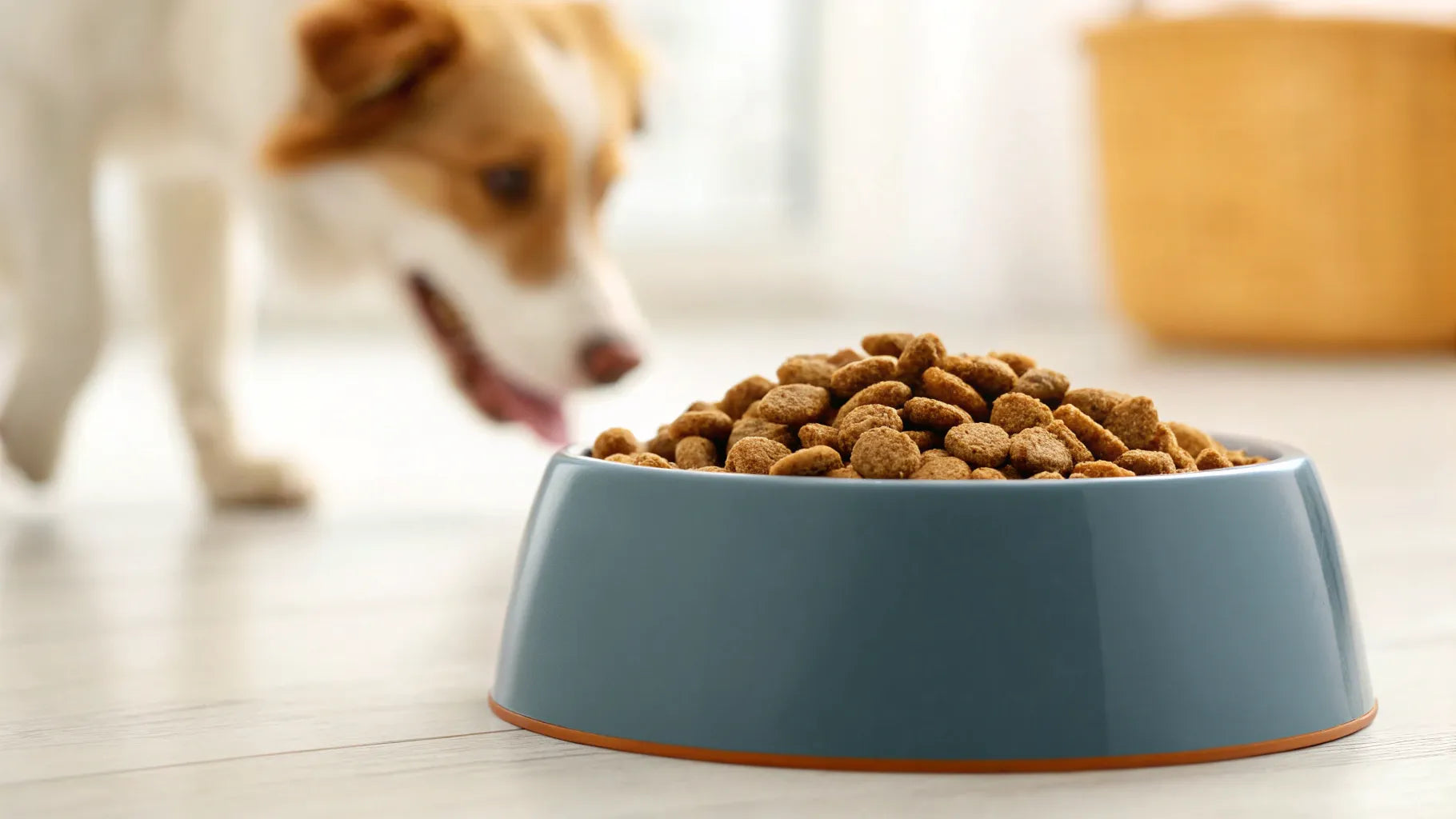
Credit: www.houndsy.com
Frequently Asked Questions
What Are Key Nutrient Differences Between Dogs And Cats?
Dogs need more carbohydrates, while cats require more protein. Cats also need taurine and arachidonic acid, which dogs can produce. These differences reflect their evolutionary diets and impact their health and energy levels.
Why Do Cats Require Taurine In Their Diet?
Cats cannot synthesize taurine, an essential amino acid. Taurine supports heart function, vision, and reproduction. Without it, cats risk serious health problems like blindness and heart disease.
Can Dogs And Cats Share The Same Food Safely?
No, sharing food can cause nutritional imbalances. Cat food is richer in protein and fat, while dog food contains more carbs. Feeding the wrong diet may lead to health issues for both pets.
How Do Protein Needs Differ Between Dogs And Cats?
Cats need higher protein levels to maintain muscle and energy. Dogs are more omnivorous and can thrive on moderate protein with more carbs. Protein quality and quantity are crucial for feline health.
Conclusion
Dogs and cats have unique nutritional needs. Dogs require more protein and fats for energy. Cats need specific nutrients like taurine to stay healthy. Feeding the right food supports their growth and well-being. Understand these differences to keep pets happy and strong.
Proper nutrition helps prevent health problems. Choose diets that match each pet’s needs. Remember, healthy pets live longer and feel better every day. Caring for their diet shows love and responsibility. Simple steps make a big difference in pet health.

